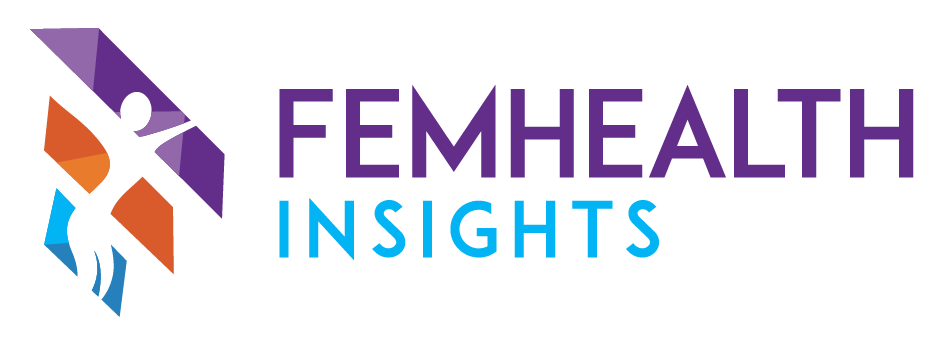Subscribe to recieve our latest Research Articles & Insights

Coologics' Revolutionary Temperature-Based Approach to Vaginal Infections
In women's health, innovation is not just a buzzword but a necessity. Coologics, a forward-thinking femtech company, is at the forefront of this innovation with their platform technology, Vlisse, a patented, drug-free treatment for vaginal infections, including yeast infections and bacterial vaginosis.
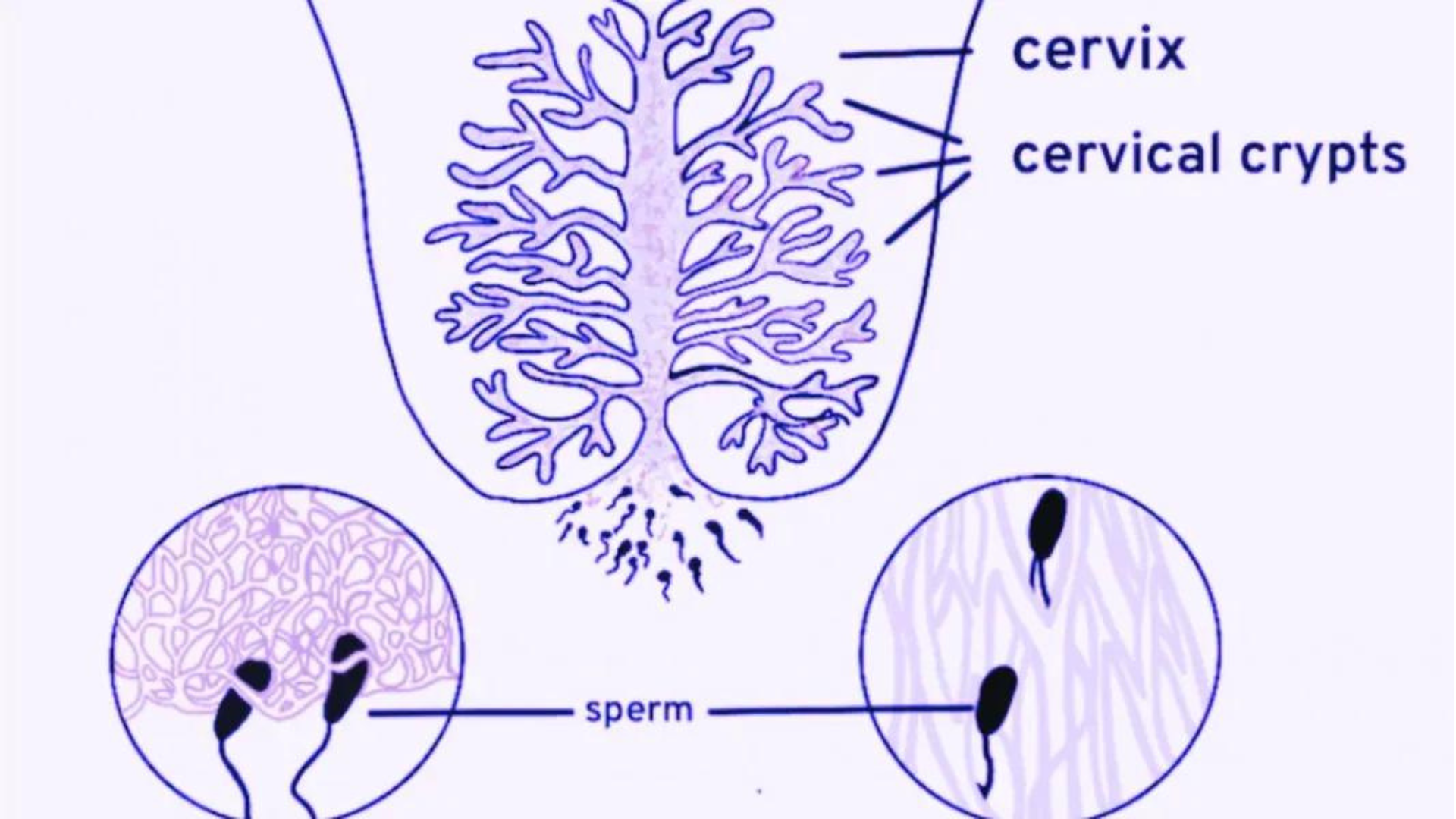
Monitoring Cervical Fluid Electrolytes: the potential next innovation in non-hormonal contraception
In recent years, there has been a growing demand from women for non-hormonal contraception options. While traditional methods such as male and female condoms, copper IUDs, spermicides, and vaginal gels have been available, many women seek alternatives that don't rely on hormonal interventions or have side effects. This demand has prompted innovative solutions, including the use of technology to monitor biological markers associated with fertility. One of them is cervical fluid, whose contraceptive properties have been leveraged in pharmaceutical birth control but not yet in natural alternatives.

Navigating the Intersection of FemTech and Data Privacy
In an era witnessing a concerning global backlash against women's rights, the FemTech industry emerges as a beacon of empowerment, offering women control over their health and addressing gaps in healthcare access. However, as women increasingly turn to technology during vulnerable life moments, they find themselves susceptible to exploitation within the complex and opaque digital advertising industry that underpins the internet.

3 Key Steps to Securing a Job in Women’s Health Innovation
The world of women's health innovation is undergoing major growth, bringing with it unparalleled opportunities for those seeking to make their mark in this dynamic field. But it can be hard to know where to start! This guide outlines three fundamental steps to securing a fulfilling career in women's health innovation. We'll explore these steps in detail, highlighting the tangible strategies and actions you can use to land your dream job.

What I Learned by Providing 1000 Menstrual Products at HLTH
In 2022, Dr. Brittany Barreto attended HLTH - the largest healthtech conference in North America - and was struck by the absence of menstrual products in the conference center's bathrooms. So this year, she took action. Brittany purchased over 1,000 tampons and pads to distribute for free at the 2023 conference and in this article, shares the valuable lessons learned from the initiative.
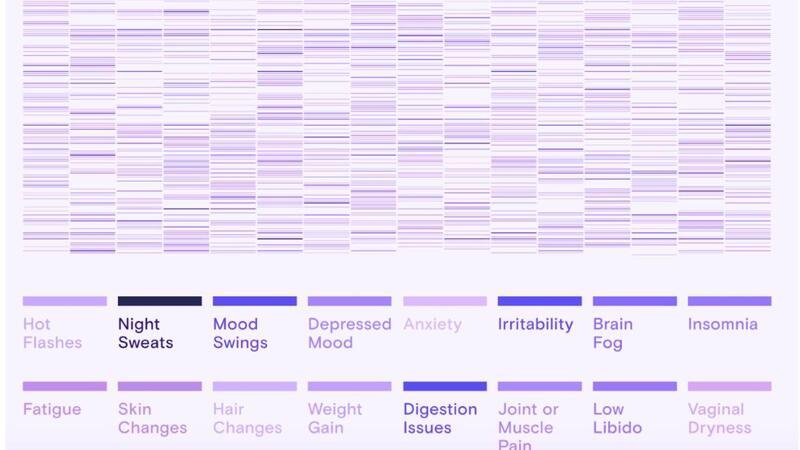
New Menopause Study Reveals Three Key Insights About Symptoms
Phenology, a pioneering women's health brand from healthtech leader Hologram Sciences, has conducted an extensive survey of over 32,000 women to better understand their experience of menopause by stage. The results of this study provide invaluable insights into the complex transition of menopause, offering a deeper understanding of its stages and symptoms. In this article, we delve into three key findings that will revolutionize the way we perceive and address menopause.

Predicting the Future to Prevent Disease: Study Finds AI Algorithms Accurately Predict 5-Year Risk of Breast Cancer
If breast cancer is identified in stage I, the patient has a 98 to 100 percent chance of survival. Those are the same odds as not getting pregnant while taking oral contraceptives as prescribed. And yet, approximately 42,500 lives are lost each year in the United States to breast cancer. Could AI help prevent these deaths by predicting the 5-year risk of breast cancer?

Revolutionizing Women's Healthcare: BD's Dr. Jeff Andrews on the Self-Collection Movement
USPSTF found insufficient evidence to assess the balance of benefits and harms of performing pelvic exams for asymptomatic women. ACOG recommends pelvic exams only when a patient has symptoms or a medical history that requires it. So if we were able to self-collect cells for cervical cancer screening at home, could this eliminate the pelvic exam for most women and make it more accessible? Find out how BD is working on the first self-collection kit for the US.

World Contraception Day - 26 September 2023
World Contraception Day takes place every year on September 26th, with the mission to improve awareness of all contraceptive methods available and enable people to make informed choices about their sexual and reproductive health. Take a look at some of the main issues, and discover the companies doing fantastic work to improve the world of contraception.

Women's Health Innovation Summit: Navigating the Path to Change
Dive into the key factors that still demand attention at events like the Women’s Health Innovation Summit, and how we can use these to continue to drive improvement in women’s healthcare.

Why Size And Sex Matters In Healthcare
From the colon to the lungs, and everywhere in between, most medical devices are made for the average-sized male. But, the “one size fits all” approach falls short when it comes to women’s healthcare. When devices tailored for the male body are used in female patients, negative health outcomes abound. Here’s why we need sex-specific medical device sizes and protocols.
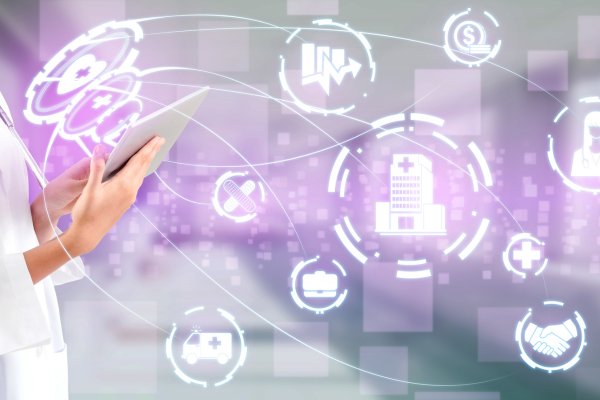
Rising Above the Status Quo: The Future of Women's Health and Wellness
Explore the pivotal factors to improving women’s health outcomes that still demand attention and delve into how we can foster the growth of the Femhealth ecosystem.

Period Poverty: A Barrier to Women’s Economic Empowerment
While recent headlines have highlighted the lost productivity caused by symptoms of menopause, little attention has been given to the economic consequences of period poverty. Discover the hidden cost of lack of access to menstrual products and the far-reaching impact on females’ lives.

Osteoporosis: A Call for Earlier Intervention
With over 10 million cases in the US alone, this condition weakens bones, putting individuals at risk of fractures — and 80% of those suffering are women.
Learn about the genetic and lifestyle factors that contribute to this disparity, the gaps in care, and promising advancements in diagnosis and prevention.

OpenAI: FemHealth Friend or Foe?
Generative AI tech such as Chat GPT is the next groundbreaking technology expected to revolutionize care delivery. What challenges and opportunities does this present for female health — and what FemHealth companies are at the forefront of this new trend?

STIs are on the rise — Femtech can help
Rates of STIs that disproportionately impact females are rapidly increasing. What is needed to help stop the spread and what is the Femtech community doing to help?
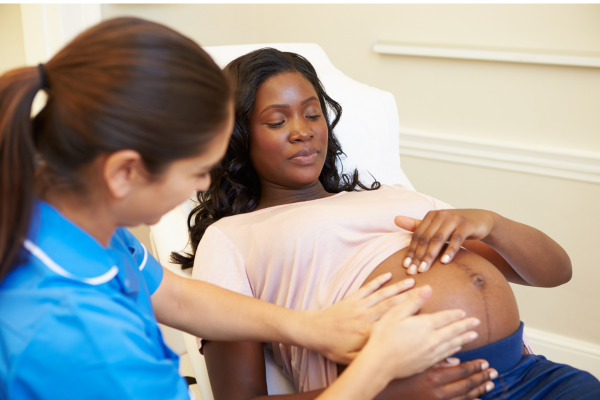
Black Maternal Health in the US
The latest CDC report shows a concerning increase in maternal mortality rates in the US — but this macro view only tells part of the story. Black women have a significantly higher probability of poor outcomes both during and after pregnancy. From inadequate prenatal care to systemic disparities, we take a look at the gaps in care for Black mothers and the promising opportunities to improve health outcomes.

Covid’s Lasting Impact on Women’s Health & Care
From significantly increased mental and maternal health issues to ongoing delays in access to preventive care, Covid, and the aftermath of lockdowns and canceled care, has disproportionately impacted female health and wellness.

Female Hormones: The Missing Link to Eating Disorders?
Eating disorders affect over 9% of the population and are most common in women. New research suggests that reproductive hormones may play a key role in the activation of disordered eating behaviors — and could be the key to improving our ability to predict, diagnose, and treat people with disordered eating behaviors.

Pregnancy & Cardiovascular Health: 3 Innovations to Know About
Cardiovascular disease is the leading cause of death in females and the number one cause of maternal mortality in the US. Find out how pregnancy affects female heart health and how other complications experienced during pregnancy can cause challenges later in life.
